About the Poet- Thomas Campbell was a Scottish poet. He was born in Glasgow on 27th July 1777. He was educated at the University of Glasgow. In 1795 Campbell went as tutor on the island of Mull. The scenery of the western Highlands, which made a deep impression on his mind, is reflected in his verse. Returning from Mull, he went to Edinburgh with the intention of studying law. This plan, however, he soon abandoned. His first poem, “The Pleasures of Hope”, suggested to him while at Mull, was published in 1799. After its publication Campbell went to Germany, visiting Munich, Leipzig, and Hamburg, where he was staying at the time of the battle of Hohenlinden. During this period he wrote “The Exile of Erin” and “Ye Mariners of England”, two of his best known patriotic lyrics. Returning to Edinburgh, he published, in 1801, “Lochiel’s Warning” and “Hohenlinden”.
In 1803 Campbell proceeded to London and adopted literature as a profession. In 1805, he was granted a royal pension of ₤200 a year. It was in 1805, too, that his collection entitled Poems appeared. In 1819 he published his Specimens of British Poets, containing an excellent introductory essay on poetry and good biographies of the poets themselves. At this very time he was also delivering lectures on poetry. After this he edited the New Monthly Magazine, contributing to it several poems, among which is “The Last Man”.
In 1826 Campbell was elected lord rector of the University of Glasgow and received the unusual honour of re-election in the two following years. He died in Boulogne, France on 15th June 1844, and was buried in Westminster Abbey.
About the Poem- Lord Ullin’s Daughter
“Lord Ullin’s Daughter” was written by Thomas Campbell sometime around 1795 when he had visited the Isle of Mull in the Scottish Highlands as a tutor. However, not much is known about when exactly the poem was published.
Setting of the Poem
This poem is set in the Scottish highlands. This part of Scotland’s landscape is a combination of woods, moors, verdant valleys, and beautiful lakes. Hence, these are the places through which Lord Ullin’s daughter and her lover escape within the poem.
Line by Line Meaning of Lord Ullin’s Daughter
Please note: N = Noun, V = Verb, Adj = Adjective, Adv = Adverb, P = Preposition, Pr = Pronoun
1st stanza:
Chieftain (N): The leader of a people or clan
Highlands (N): Plural form of the word “Highland”, that is, the mountainous part of Scotland, to the north of Glasgow and Stirling, often associated with Gaelic culture
Bound (Adj): Going or ready to go towards a specified place
Tarry (V): Stay longer than intended; delay leaving a place
Thee (Pr): An older form of the word “you”
Pound (N): The basic monetary unit of the UK, equal to 100 pence
Row (V): Propel (a boat) with oars
O’er (P): Short form of the word “over”
Ferry (N): A boat or ship for conveying passengers and goods, especially over a relatively short distance and as a regular service
2nd stanza:
Ye (Pr): An older form of the plural of “you” (as in “you all”, or in this case, “you two”)
Lochgyle (N): The name of a lake in Scotland which separates the Isle of Mull (where lord Ullin and his daughter lived) from the Isle of Ulva
Isle (N): An island or peninsula, especially a small one
3rd stanza:
Fled (V): Past tense of the word “flee”, that is, to run away from a place or situation of danger
Glen (N): A narrow valley, especially in Scotland or Ireland
Stain (V): Mark or discolour with something that is not easily removed
Heather (N): A purple-flowered Eurasian heath that grows abundantly on moorland and heath land
4th stanza:
Hard (Adv): With a great deal of force; violently
Bonny (Adj): Attractive or beautiful
Slain (V): Past participle from of the word “slay”, that is, to kill (a person or animal) in a violent way
5th stanza:
Hardy (Adj): Capable of enduring difficult conditions; robust
Wight (N): A person of a specified kind
Winsome (Adj): Attractive or appealing in a fresh, innocent way
6th stanza:
Bird (N): A young woman or a man’s girlfriend
Raging (Adj): Continuing with great force or intensity
7th stanza:
Apace (Adv): Swiftly; quickly
Water-wraith (N): A supposed water-spirit, whose appearance is said to bring death or woe to the person seeing it
Shrieking (V): Present participle form of the word “shriek”, that is, to utter a high-pitched piercing sound or words, especially as an expression of terror, pain, or excitement
Scowl (N): An angry or bad-tempered expression
8th stanza:
Drearer (Adj): An older form of the word “drearier”, which is in turn the comparative form of the word “dreary”, that is, depressingly dull and bleak or repetitive
Adown (Adv): From a higher to a lower situation; downward; down, to or on the ground
Armed (Adj): Equipped with or carrying a weapon or weapons
Trampling (N): Present participle form of the word “trample”, that is, to tread on and crush
9th stanza:
Haste (V): An older form of the word “hasten”, that is, to move or travel hurriedly
Tempests (N): Plural form of the word “tempest”, that is, a violent windy storm
11th stanza:
Prevailing (V): Present participle form of the word “prevail”, that is, to prove more powerful or superior
Fatal (Adj): Causing death
Wrath (N): Extreme anger
Wailing (V): Present participle form of the word “wail”, that is, to manifest or feel deep sorrow for; lament
12th stanza:
Sore (Adv): Extremely; severely
Dismayed (V): Past participle form of the word “dismay”, that is, to cause (someone) to feel concern and distress
Aid (N): Help, typically of a practical nature
13th stanza:
Grief (N): Intense sorrow, especially caused by someone’s death
14th stanza:
’Twas: Short form of the expression “it was”
Vain (Adj): Producing no result; useless
Lashed (V): Past tense of the word “lash”, that is, to beat forcefully against
Preventing (V): Present participle form of the word “prevent”, that is, to keep (something) from happening
Lamenting (V): Present participle form of the word “lament”, that is, to express passionate grief about
Some online learning platforms provide certifications, while others are designed to simply grow your skills in your personal and professional life. Including Masterclass and Coursera, here are our recommendations for the best online learning platforms you can sign up for today.
The 7 Best Online Learning Platforms of 2022
- Best Overall: Coursera
- Best for Niche Topics: Udemy
- Best for Creative Fields: Skillshare
- Best for Celebrity Lessons: MasterClass
- Best for STEM: EdX
- Best for Career Building: Udacity
- Best for Data Learning: Pluralsight




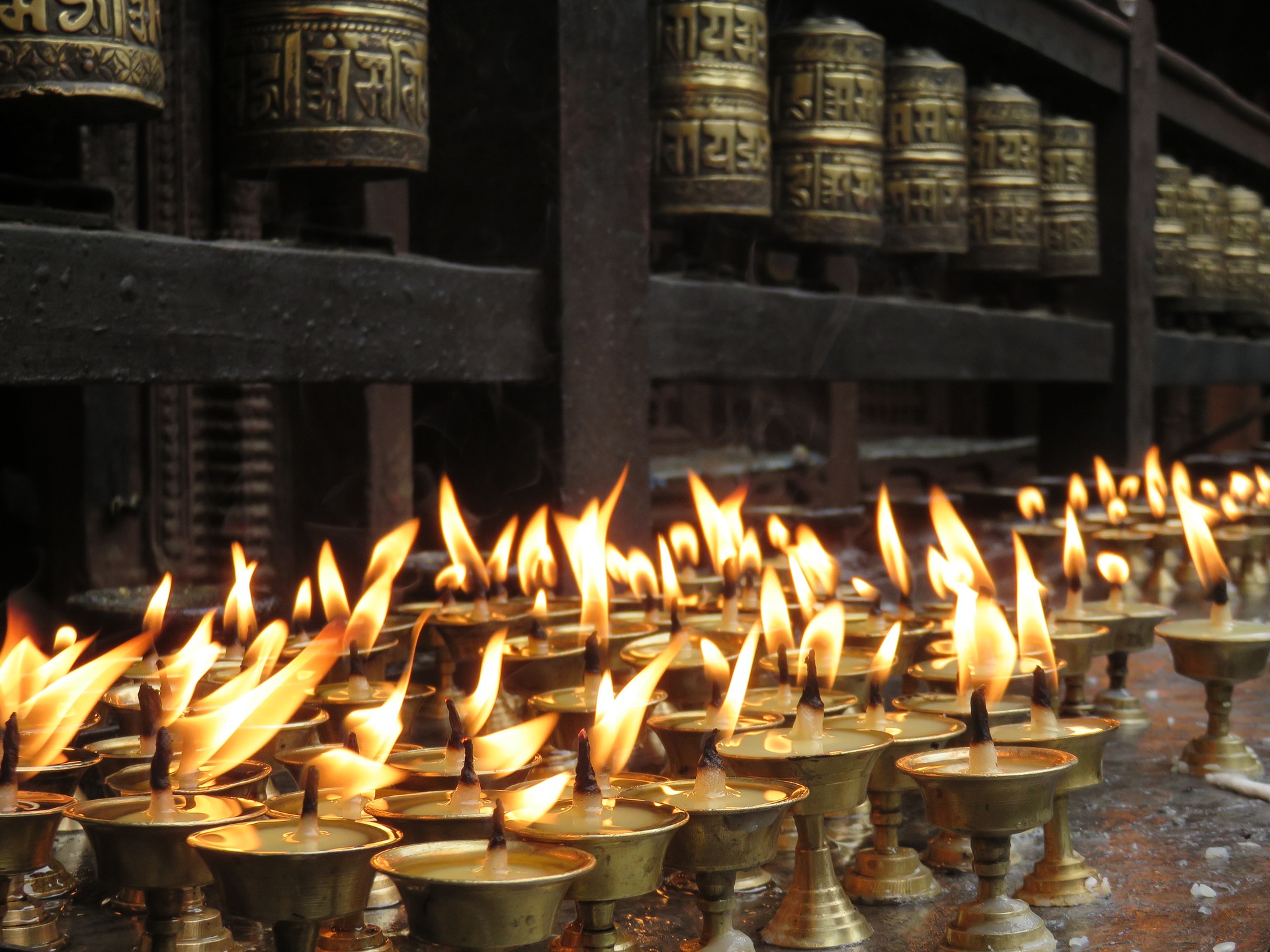
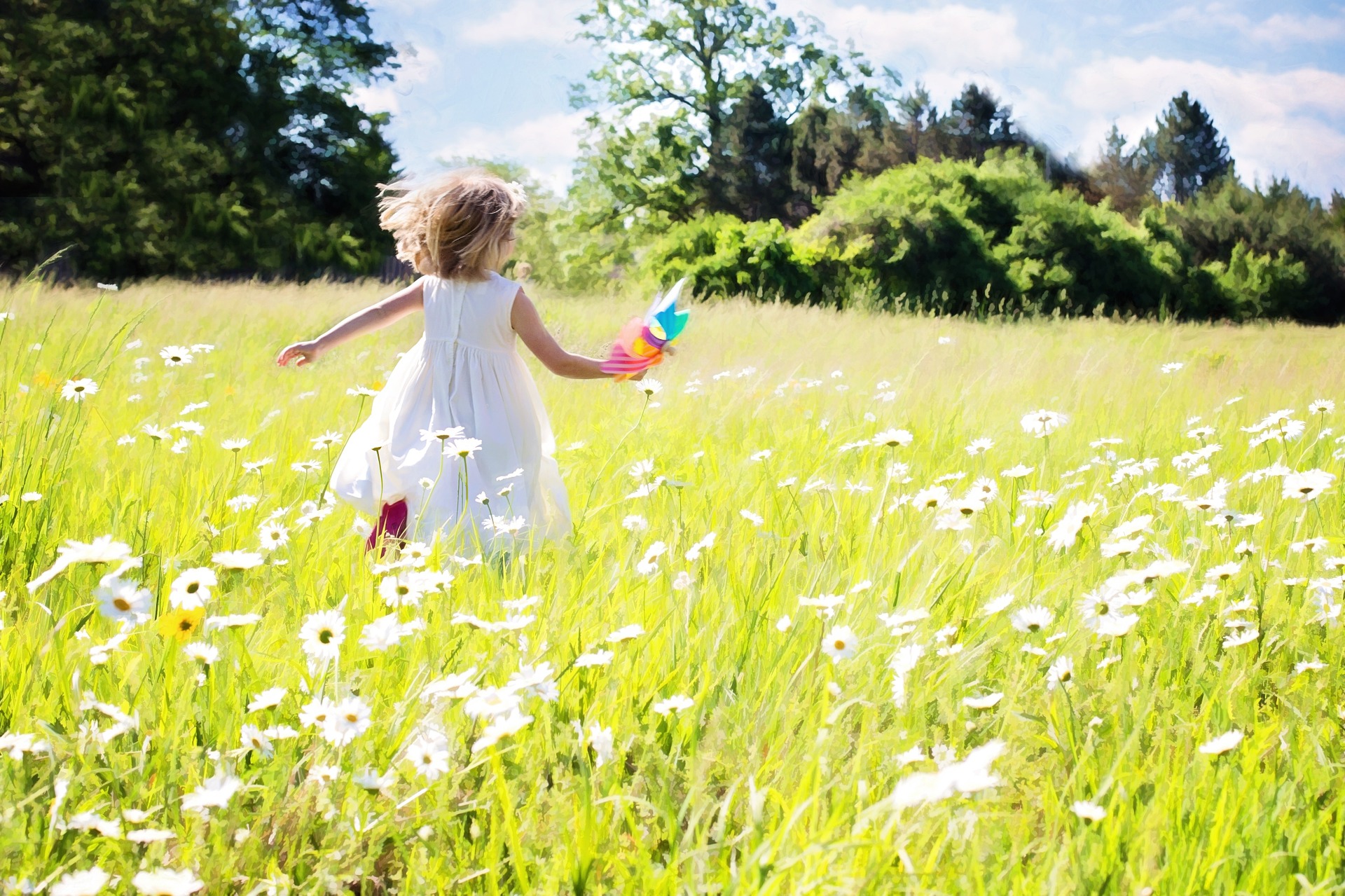
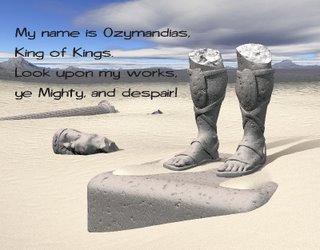
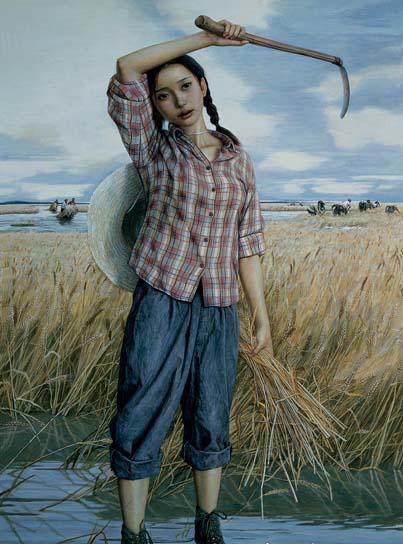
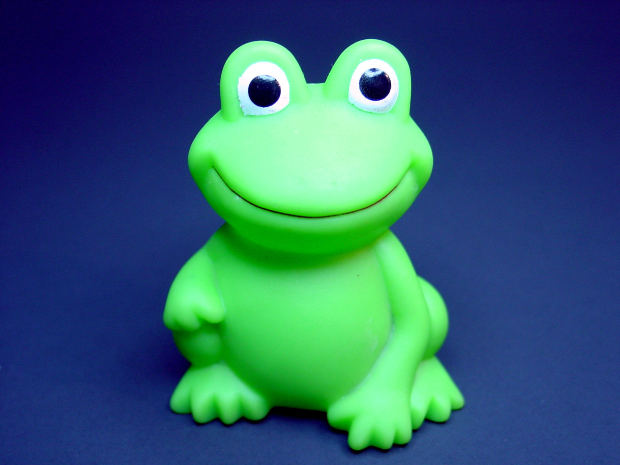


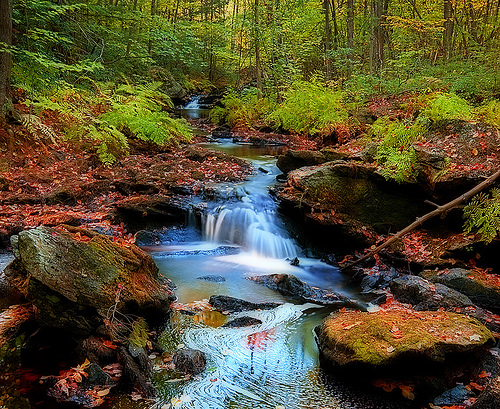





Thanks